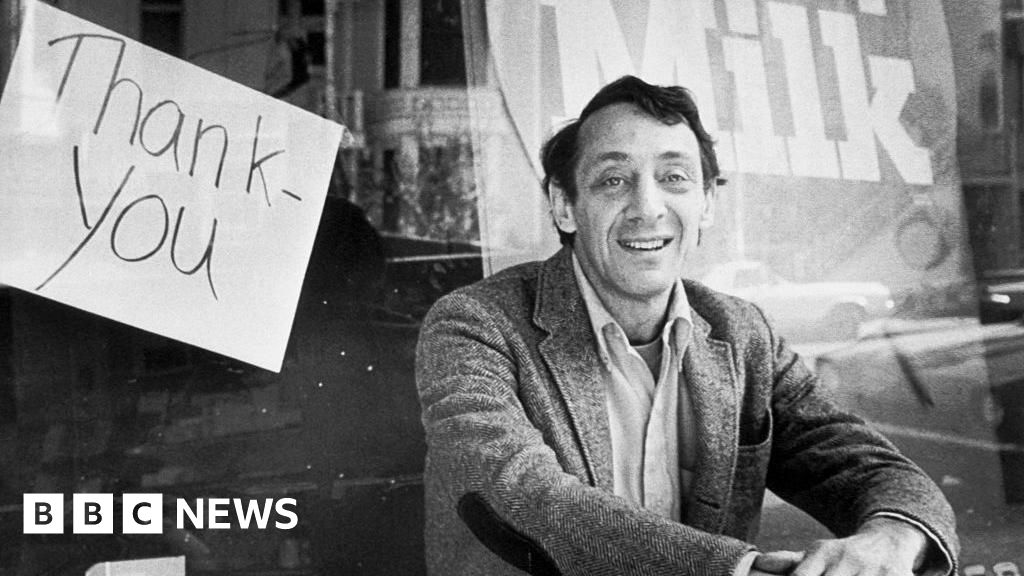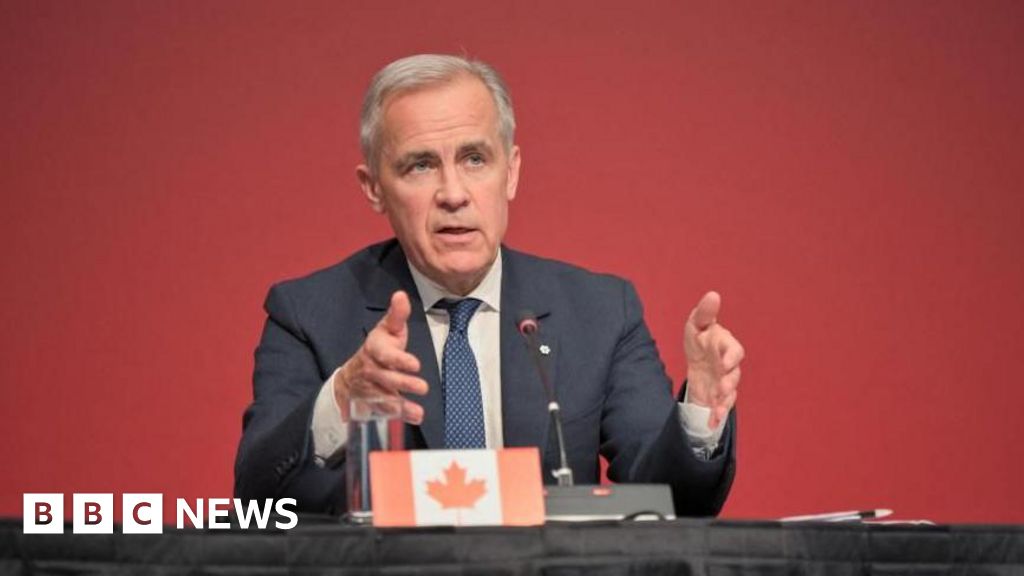ARTICLE AD BOX
Image source, Reuters
Image caption,President Ebrahim Raisi (C) says Iran will not back down "in any way" in defending its interests
Critical talks with Iran to prevent the collapse of a nuclear deal are to resume in Vienna after five months.
Officials will discuss the possible return of the US to the 2015 accord, which limited Iran's nuclear activities in return for the lifting of sanctions.
Iran has violated key commitments since then-President Donald Trump pulled out in 2018 and reinstated US sanctions.
Joe Biden is willing to lift them if Iran reverses the breaches. But it wants the US to make the first move.
Western diplomats have warned that time is running out to negotiate a solution because of the significant advances Iran has made in its uranium enrichment programme, which is a possible pathway to a nuclear bomb.
Iran insists that its nuclear programme is entirely peaceful.
The talks between Iran and the five countries still party to what is known formally as the Joint Comprehensive Plan of Action (JCPOA) - China, France, Germany, Russia and the UK - began in the Austrian capital in April, with US representatives participating indirectly.
A senior US official told the New York Times that an agreement on which steps needed to be taken and when by Washington and Tehran was "largely complete" before the Iranian presidential election in June.
Ebrahim Raisi, a hardliner and strident critic of the West, won the race to succeed Hassan Rouhani, a moderate who negotiated the JCPOA with Barack Obama's administration.
Mr Raisi promised before taking office in August that he would not to let the talks drag on, but he did not agree to return to Vienna until earlier this month.
He has insisted that Iran's negotiators will not back down "in any way" in defending its interests.
Iran's nuclear programme: What's been happening at its key nuclear sites?
The Iranian foreign ministry has said they want an "admission of culpability" from the US; the immediate lifting of all US sanctions; and a "guarantee" that no future US president would unilaterally abandon the deal again.
Mr Biden's special envoy for Iran, Robert Malley, has said the US is prepared to take all of the steps necessary to come back into compliance, including lifting the sanctions imposed by the Trump administration that crippled Iran's economy.
But Mr Malley has also warned Iran that the "window for negotiations... will not be open forever".
"This is not a chronological clock, it's a technological clock. At some point, the JCPOA will have been so eroded because Iran will have made advances that cannot be reversed, in which case we can't be talking - you can't revive a dead corpse," he said at a briefing last month.
The US secretary of state has said "every option is on the table" if Iran does not negotiate in good faith and put its nuclear programme "back in the box".
A major focus of the JCPOA was Iran's production of enriched uranium, which is widely used as fuel for nuclear power plants but can also be used in nuclear weapons.
Iran agreed to limits on the amount of the material that it could stockpile; the level of purity; the number and type of centrifuge machines that could be used to carry out enrichment; and the locations where it could take place.
It began gradually breaching those restrictions in 2019 in retaliation for the sanctions reinstated by Mr Trump, who called the JCPOA "defective at its core" and wanted to compel Iranian leaders to negotiate a replacement.
Iran has now amassed a stockpile of enriched uranium that is many times larger than permitted, including some that is 60% purity - a short technical step away from the 90% needed to make a weapon.
It has also installed hundreds of advance centrifuges; resumed enrichment at previously-converted underground facility; and taken steps to produce enriched uranium metal, which is a key material in nuclear bombs.
Inspectors from the International Atomic Energy Agency have also had their access to Iranian nuclear facilities significantly curtailed.
More snow on the ground in Vienna than optimism
The mood music surrounding these talks is not great.
Iran's new government has dragged its feet, taking almost six months to come back to Vienna. It arrives at the table laden with new, maximalist demands. It's not going to talk about its nuclear activities, Iran says. These talks should be all about the US lifting sanctions. All of them. Immediately. Verifiably. With guarantees a future US government would not pull out of the deal.
The US and other signatories to the original nuclear deal are in turn demanding the talks pick up where they left off in June, when both sides expressed confidence an agreement was possible.
And if not, if Iran refuses to talk about its accelerated nuclear programme, then American diplomats talk of "other options", "other tools" for preventing Iran getting a nuclear weapon - a euphemism for allowing Israel to launch military or cyber attacks on Iranian facilities.
The bottom line is that Western powers do not yet know the intentions of this new government in Tehran: is it serious about negotiating a deal and agreeing the compromises that would be necessary?
Or is it playing for time to enrich more uranium, which potentially could be used in a nuclear weapon that Iran insists it does not want?
Much depends on the answer to that question.
These talks could drag on for some time, and as of now in Vienna there's more snow on the ground than optimism.

 3 years ago
89
3 years ago
89








 English (US) ·
English (US) ·